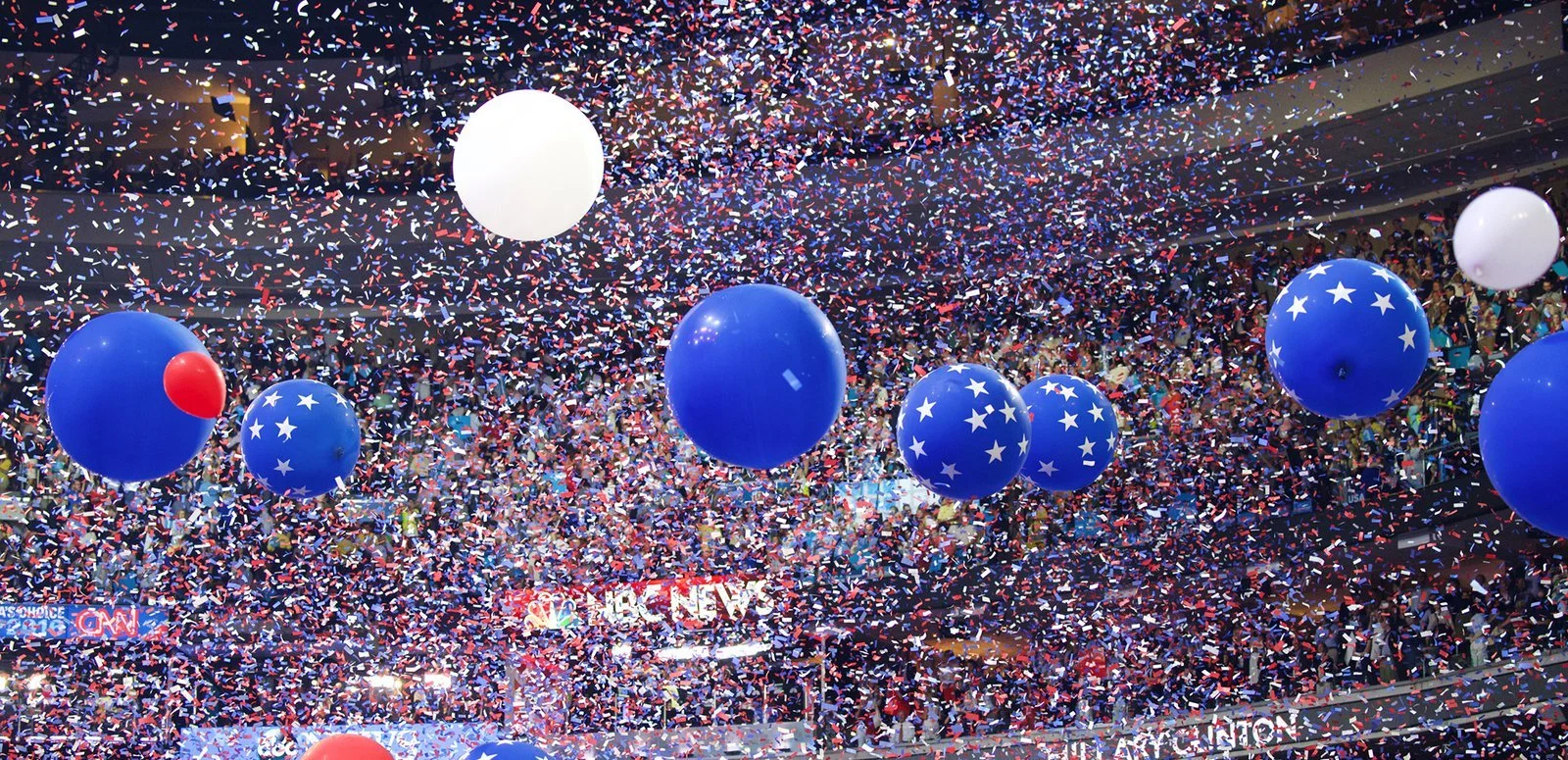Should Giving to the DNC be a Priority for Democratic Donors?
Photo credit: Shutterstock
The Democratic National Committee is something of a black box. When donors give to a specific candidate, they know the money goes toward winning that campaign. When they give to a committee like the DSCC or DCCC, they are supporting winning elections at the Senate or House level. State party donations are obviously targeted at winning certain states. The DNC, on the other hand, does everything, a sprawling and not particularly transparent operation devoted to growing the Democratic Party as a whole. Donors give to the DNC because they want to give to Democrats in general, and there are clearly a lot of donors of all types who feel this is a worthwhile endeavor—the DNC raised $492 million during the 2020 cycle. But what does it do with all that money?
Some of these funds go toward building a better party infrastructure by creating tools that state parties and campaigns can use, like the Democratic Data Exchange, a database of voter information that can be accessed by campaigns, state parties, and Super PACs. But a lot of the DNC’s money (between a quarter and a half of its budget in the last two cycles) is routed via transfers to other groups, including state parties. In 2020, 22 percent of DNC’ toward media, meaning direct mail, TV, and digital. The DNC is sort of like a traffic cop, directing money toward areas that its operatives think need resources the most. Donating to the DNC is a way to support the Democratic Party, but it’s also a vote of confidence that the DNC knows what it’s doing.
Does it? Blue Tent aims to answer that question in our new research brief—The Democratic National Committee: What Donors Need to Know.
Recent history has shown some reason to be skeptical of the DNC’s competence. In 2016 the organization basically collapsed, as it went broke and a Russian-backed hacking operation stole and leaked its emails, some of which were embarrassing because of their clear animus toward Bernie Sanders. DNC Chair Debbie Wasserman-Schultz resigned and was replaced by Donna Brazile, who had leaked debate questions to Hillary Clinton’s campaign during the primary and who wrote a nasty tell-all book on the way out the door. For the last five years, the DNC has attempted to right itself and heal the intra-party divides caused by the 2016 election. The current head is the uncontroversial, well-regarded former head of the South Carolina Democratic Party, Jamie Harrison, who has made noise about reviving the old “50-state strategy,” which is basically the idea that Democrats should try to compete everywhere, even in places they can’t win today, in order to grow the party.
Though the DNC is in a better place now (especially financially) than it was in the dark days of 2016-17, it has still had some recent stumbles. 2020 saw a lot of unexpected losses in the House and Senate, and though the DNC doesn't deserve sole blame for that, it made some moves that are clearly errors in hindsight, like investing $12 million in the Florida Democratic Party months before Florida Democrats got soundly defeated by Republicans. And though the DNC deserves praise for creating the Democratic Data Exchange, that project comes years after the GOP’s own data-sharing operation was up and running.
The question for donors is given that track record, why back the DNC over the many other Democratic Party–linked groups asking for money? If a donor has a specific goal in mind, there is probably an organization that is pursuing that goal; if you want to contribute to an individual race or state, there’s little reason to use the DNC as a middleman. The DNC is a financial giant because of its name-brand recognition and its well-oiled fundraising operation, but for many donors, it makes more sense to donate to an individual campaign, or an organization that needs the money more.
That’s not to say that the DNC is a totally useless organization or that the project to improve the DNC isn’t valuable. The Democratic Party needs a well-run DNC to compete in elections, just as it needs well-run state parties and good candidates at all levels. But donors should think twice before giving to the DNC just because it is the one in their inboxes. For more about what the DNC does, and its strengths and weaknesses, check out the Blue Tent research brief, available to subscribers.

